Construction waste recycling plants utilize various crusher types to transform concrete, asphalt, bricks, and other debris into reusable aggregates. The selection of crushers depends on material hardness, processing capacity, and desired output specifications. Below are the primary types and their applications:
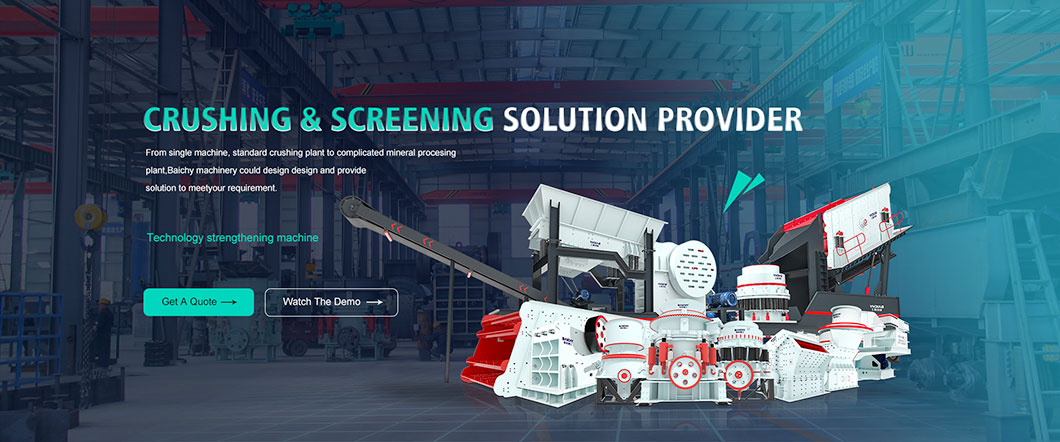
1. Jaw Crushers: Primary Crushing Powerhouses
Function: Serve as the first stage in the crushing process, breaking down large construction waste into manageable sizes.
Why They’re Ideal for Construction Waste:
- Handle tough materials like reinforced concrete, large rocks, and masonry.
- High compressive strength (up to 320 MPa) allows processing of hard, abrasive materials.
- Simple structure and low maintenance make them suitable for continuous operation in harsh environments.
Key Types of Jaw Crushers
- C Series European-Style Jaw Crusher: Features a large feed opening (up to 1,300 mm) and high reduction ratio. Ideal for mobile crushing plants due to compact design.
- PE/PEX Series Traditional Jaw Crushers: PEX models (fine crushing) can produce particles as small as 10 mm for secondary crushing needs.
2. Impact Crushers: Shaping and Secondary Crushing
Function: Break down primary crushed materials into smaller, cubical aggregates, ideal for concrete and road base production.
Advantages for Construction Waste:
- Produce high-quality, cubical particles with minimal needle-shaped grains (meets ASTM C33 standards for concrete aggregates).
- Adjustable discharge openings allow precise control over particle size distribution.
- Efficient for processing brittle materials like concrete, asphalt, and bricks.
Main Impact Crusher Types
- VSI (Vertical Shaft Impact) Crushers: Use rotor-based centrifugal force to impact materials against anvils, creating uniform aggregates. Suitable for producing manufactured sand (0–5 mm) and fine aggregates.
- Horizontal Shaft Impact (HSI) Crushers: Feature blow bars and impact plates for high reduction ratios (up to 20:1). Commonly used in closed-circuit systems with screens for precise grading.
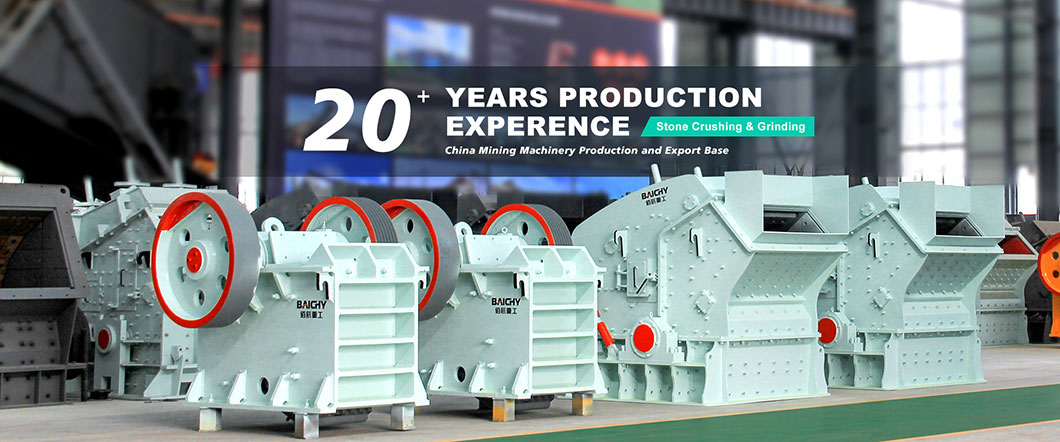
3. Cone Crushers: High-Efficiency Secondary/Tertiary Crushing
Function: Process medium-hard to hard materials into fine aggregates, often used after jaw or impact crushing.
Why They’re Used in Recycling Plants:
- Symmetric crushing chamber ensures uniform particle size and high bulk density.
- Hydraulic adjustment systems prevent damage from uncrushable materials (e.g., rebar).
- Ideal for producing aggregates for high-strength concrete and asphalt mixes.
Cone Crusher Types
Symons cone Crushers: Hydraulic overload protection and automated adjustment of discharge settings. Handle materials like granite, basalt, and hard concrete rubble.
Spring Cone Crushers: Traditional design with spring-loaded relief systems, suitable for medium-scale plants.
4. Mobile Crushers: Flexibility for On-Site Processing
Function: Self-contained crushing units that can be deployed directly at construction or demolition sites.
Key Benefits for Construction Waste:
- Reduce transport costs by processing waste on-site, minimizing hauling of large debris.
* Adapt to changing project locations, ideal for temporary recycling needs.
* Combine multiple crusher types (jaw, impact, cone) in a single mobile unit for integrated processing.
Mobile Crusher Configurations
- Mobile Jaw Crusher Plants: Equipped with a jaw crusher, feeder, and screen, suitable for primary crushing of concrete blocks.
- Mobile Impact Crusher Plants: Focus on secondary crushing, producing cubical aggregates for road base or concrete.
Track-Mounted vs. Wheel-Mounted: Track-mounted units offer better mobility on rough terrain; wheel-mounted units are easier to transport on roads.
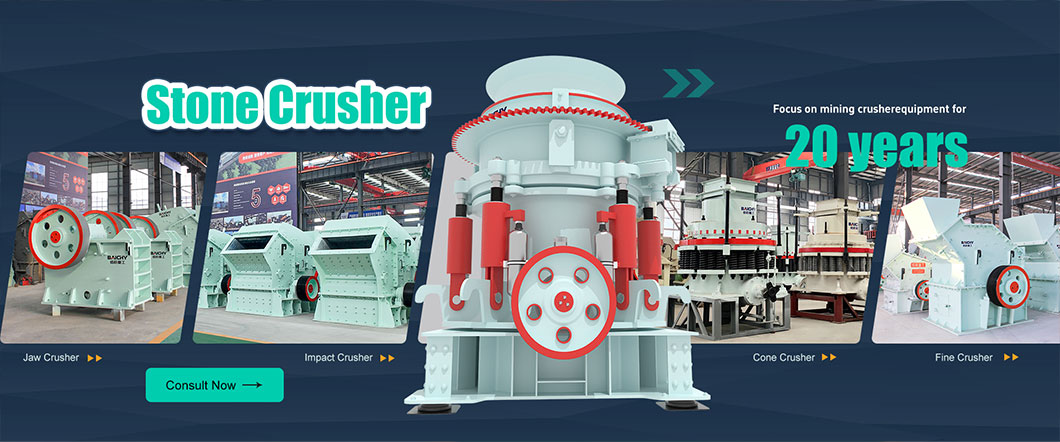
5. Specialized Crushers for Specific Materials
1. Vertical Shaft Crushers (VSI) for Sand Production
Function: Manufacture fine sand (0–5 mm) from crushed concrete or rock fines.
Technology: Uses "rock-on-rock" or "rock-on-steel" impact to shape particles, reducing dust and improving sand quality.
2. Double-Roller Crushers for Fine Grinding
Function: Crush materials into very fine particles (down to 2 mm) for applications like cement admixtures or brick making.
Advantage: Low noise and dust emission, suitable for urban recycling plants.
3. Concrete Block Crushers
Specialized Design: Target concrete blocks and bricks, often with built-in rebar separation systems.
Example: Hydraulic concrete block crushers that first remove steel reinforcement before crushing the concrete matrix.
Conclusion
Construction waste recycling plants typically use a combination of jaw, impact, cone, and VSI crushers to maximize efficiency.
Primary crushing: Jaw crushers (for large debris)
Secondary crushing: Impact or cone crushers (for shaping & sizing)
Tertiary/sand production: VSI crushers (for high-quality sand)
Mobile crushers are ideal for on-site recycling, while stationary plants suit large-scale operations.
Henan Baichy Machinery Equipment Co., Ltd. is a mining machinery manufacturer integrating R&D, production and sales. Stone crusher is one of its core production equipment. It has mature technology and processes, complete models and configurations, and technical engineers can tailor production line configuration plans for you. If you are interested in the stone crusher, please click on the online consultation to get solution and price now. Baichy Machinery is dedicated to serving you 24 hours a day!







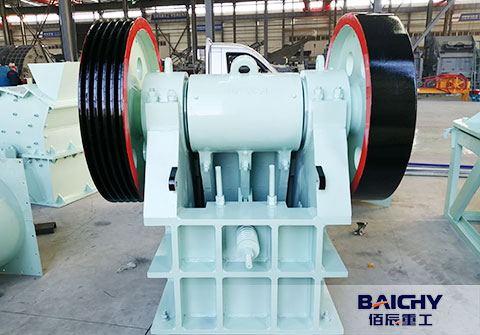
 2026-01-06
2026-01-06
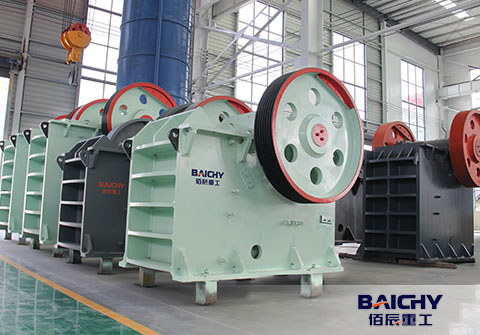
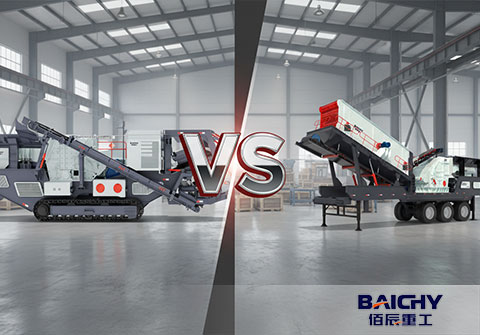
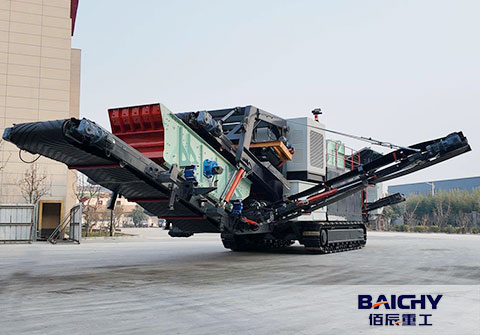
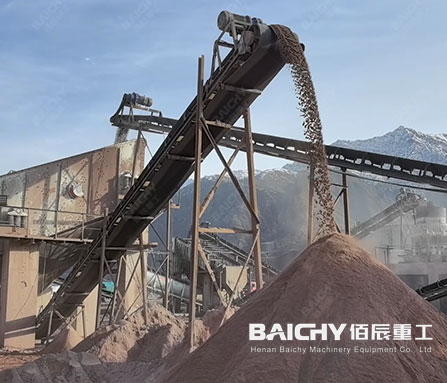
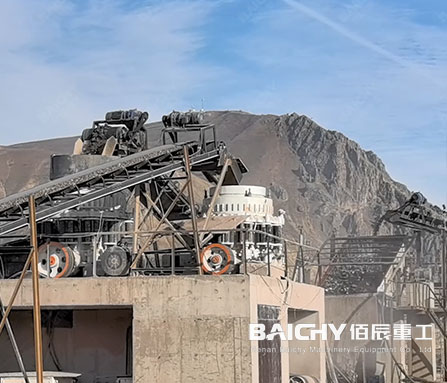
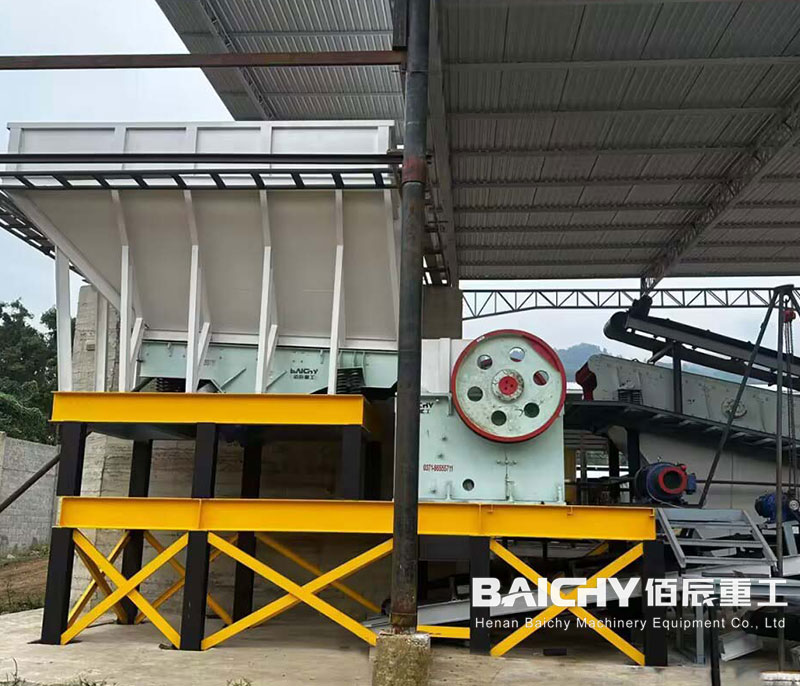
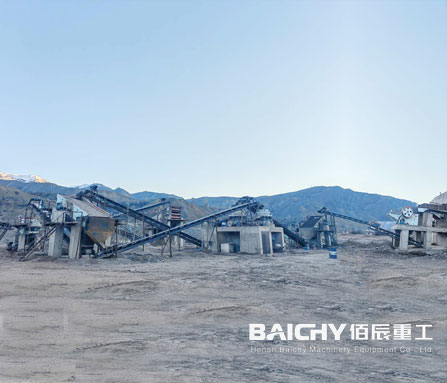














 86-15093113821
86-15093113821
 86-15093113821
86-15093113821

